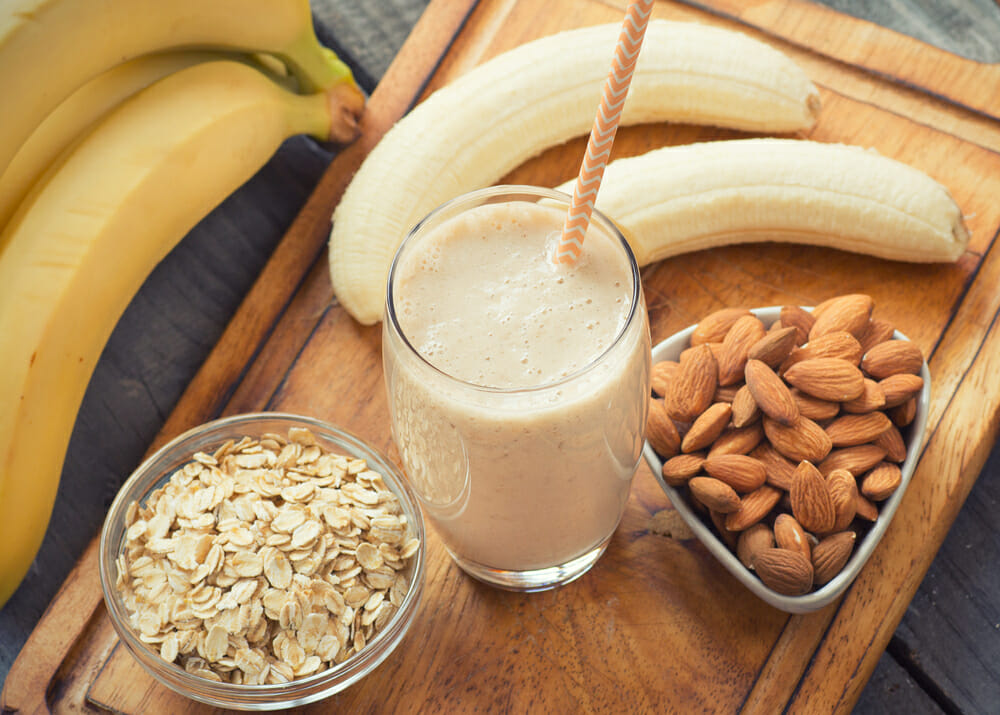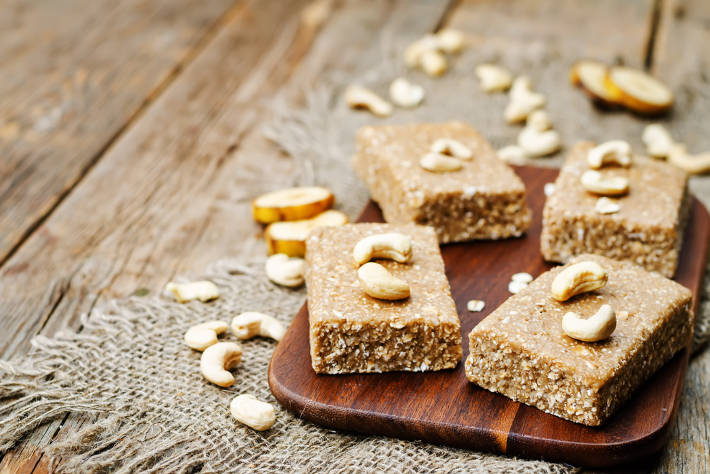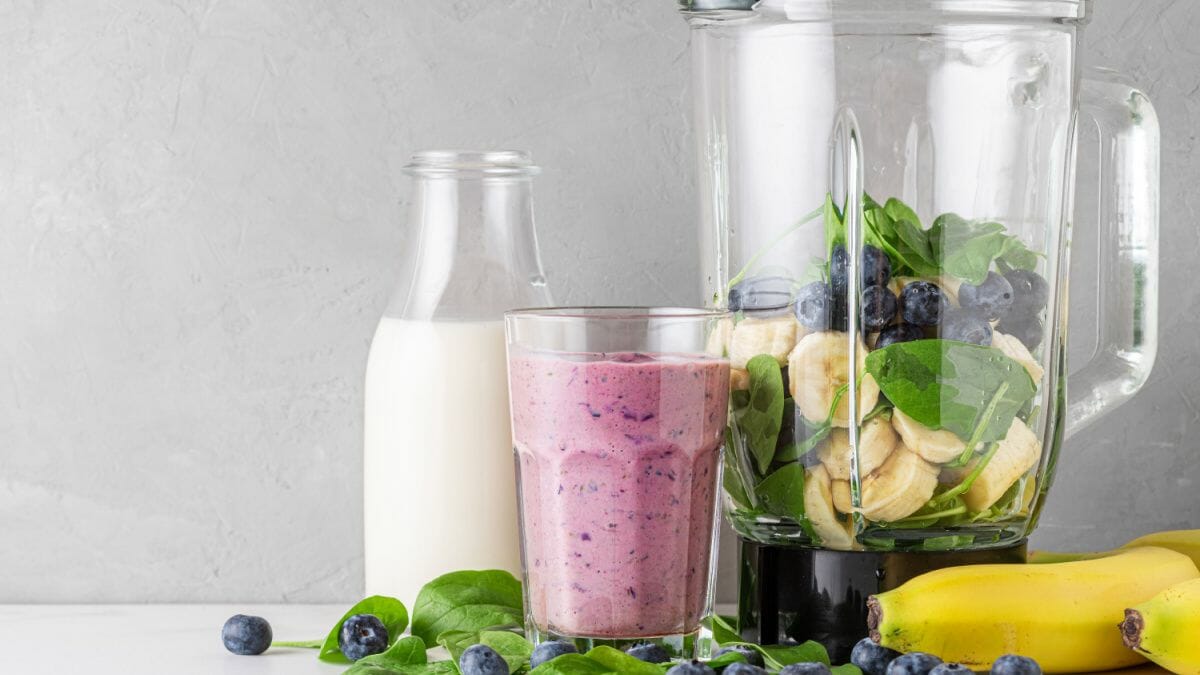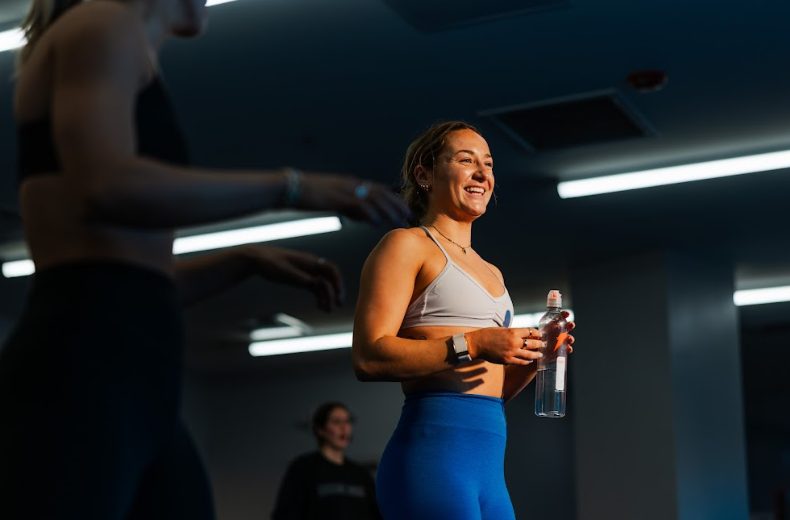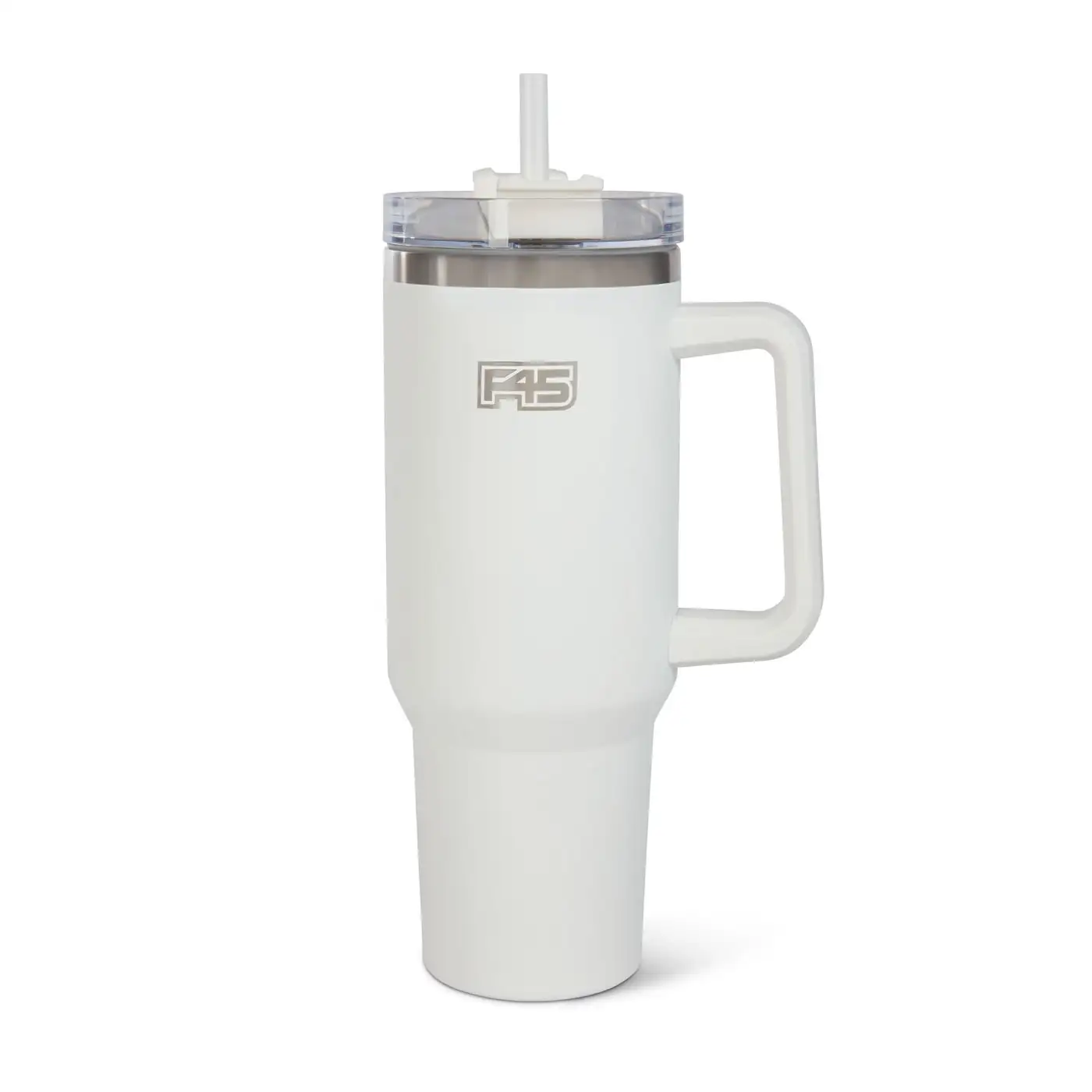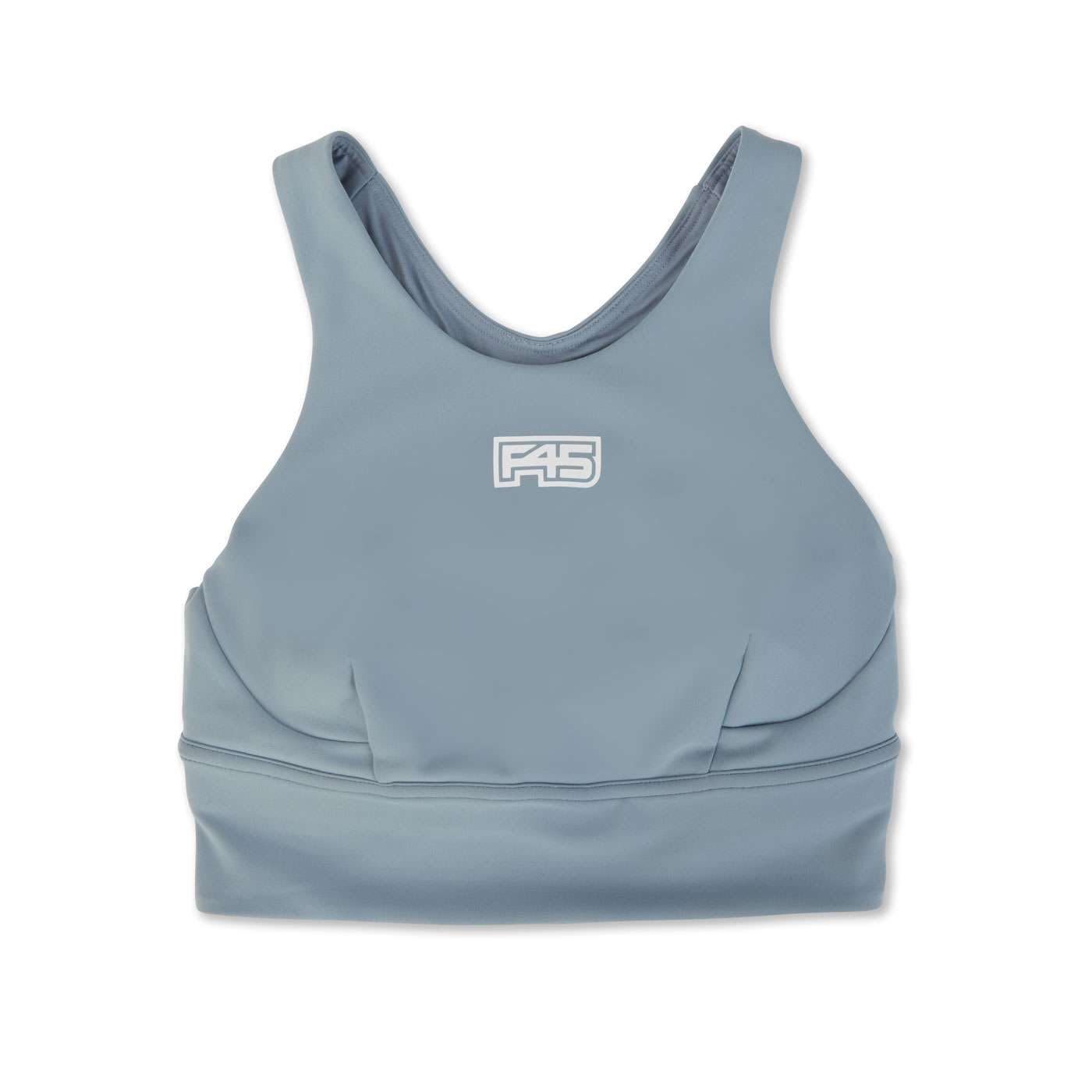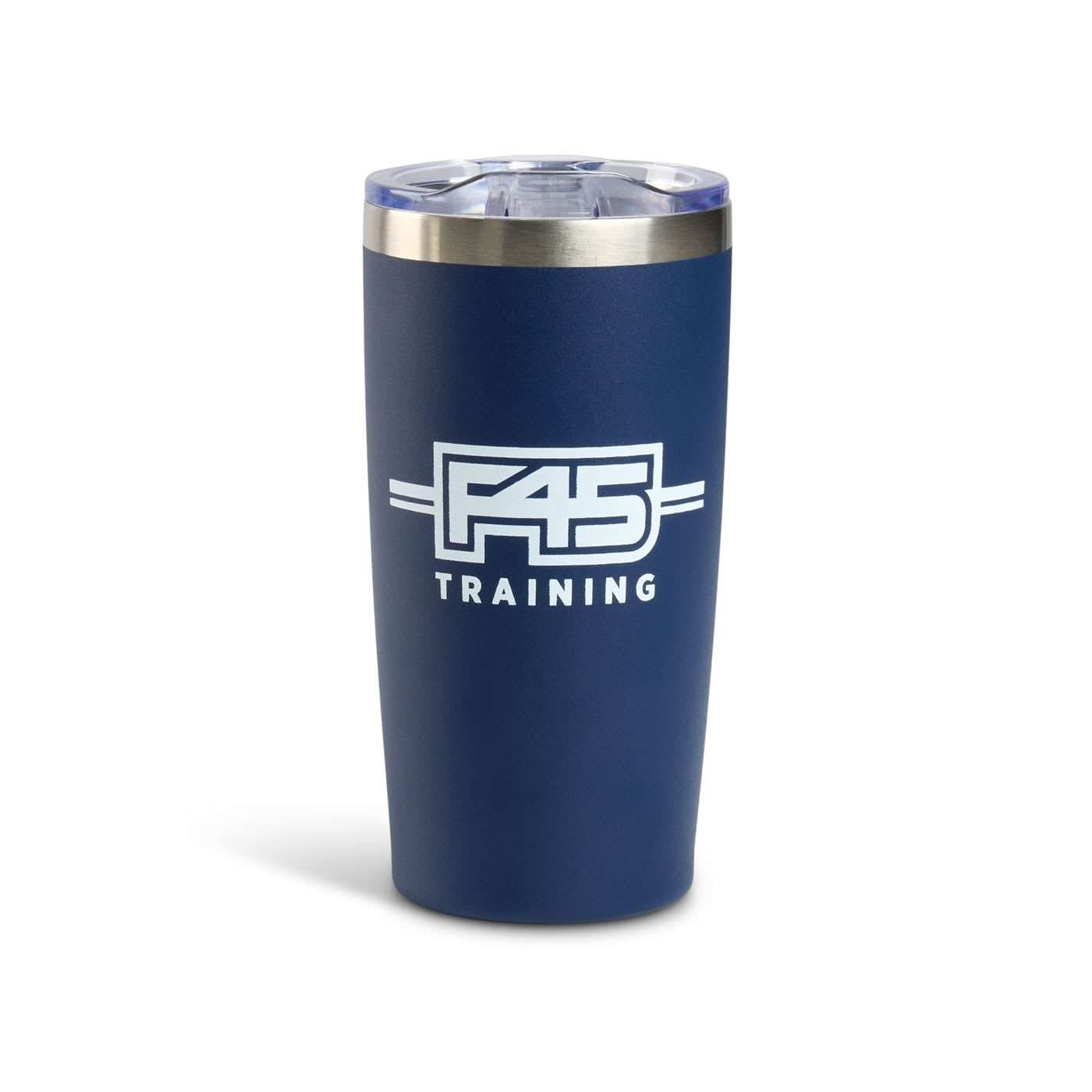
You’ve sweat it out and made it through the first few weeks of F45 Challenge 26. Now, it’s all about pushing through this last week to really make the hard work count. It’s not uncommon to feel a little fatigued, both mentally and physically. This is all part of the process! We need to push our body past our comfort zone to allow adaptations to take place that make us stronger and healthier overall. Nutrition plays a key role in ensuring that we’re able to recover efficiently from HIIT and sustain the benefits of these training adaptations. This article outlines a few tips to help you recover from training to ensure you make the most out of this final week of C26.
How does our body adapt to training?
During an extended period of physical training, our muscles experience a series of microtears and repairs that allow us to adapt to training over time. This is how we build lean muscle. Without physically working our muscles and experiencing muscle microtearing, we wouldn’t see any real substantial change in body composition. You have to break down muscle to build it back up stronger. Once this occurs, our body sends nutrients to promote healing and lean muscle development. By consuming the right balance of nutrients before, during, and immediately following workouts, you can minimize the amount of protein degradation and maximize the rate of post-exercise protein repair and rebuilding.
Why is nutrition important for adaptations to occur?
Nutrition plays a key role in how we feel during our workouts and the results we are able to achieve. Staying proactive with nutrition by understanding how to fuel your body both before and after a workout will not only allow you to perform better each day, but will support your body’s ability to burn calories more efficiently in the long run.
Hydrate, hydrate, hydrate
To perform optimally, we need to maintain fluid balance. While there are hydration breaks throughout each F45 session, fluid intake after a workout is critical. We lose a great deal of water and electrolytes through sweating while we work out. Adequate hydration after a workout will not only promote recovery, but will ensure we don’t feel overly fatigued or tired before our next workout. It’s important to incorporate electrolytes (sodium, potassium) in your hydration routine as they are essential to maintain fluid balance. If you’re taking your sessions outside, particularly in hot climates, you’re much more likely to deplete both fluids and electrolytes at a faster rate. Without proper rehydration, you risk becoming dehydrated and delaying recovery.
For athletes or those who are engaging in multiple sessions a day, post-workout hydration should also include some protein and carbohydrate. Studies have shown that consuming a protein-carbohydrate fluid drink in a 4:1 ratio (with no artificial flavor or excess sugar) can minimize muscle tissue damage and accelerate lean muscle development.

Pre-workout fuel
What you eat before exercise can make a big difference to your performance and recovery. The focus of pre-workout fuel is to allow you to sustain energy, boost performance, preserve muscle mass, and promote recovery. The best meal to have before a workout is a small portion of low to moderate glycemic carbohydrates with a small portion of protein at least 2-3 hours before. When carbohydrates are combined with protein, this improves protein synthesis and prevents the breakdown of muscle. Research suggests that providing the body with essential amino acids (building blocks of protein) before a workout can minimize the use of muscle proteins as an energy source. Some examples of pre-workout snacks that contain a combination of low-glycemic carbohydrates and protein include: rolled oats and berries, a banana protein smoothie, or hummus and whole-grain crackers.
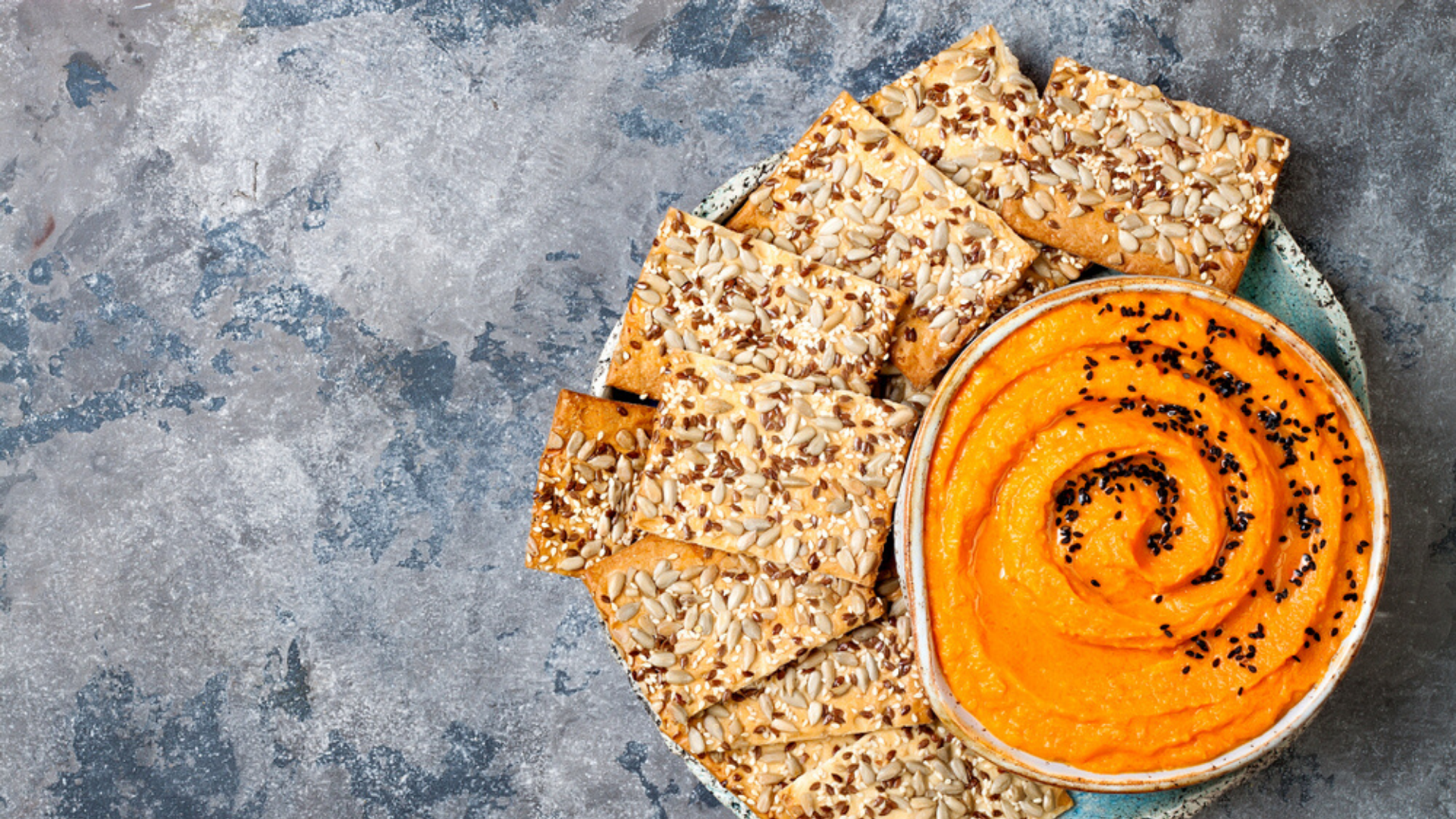
Post-workout fuel
Following a workout, both carbohydrates and protein provide the body with essential nutrients to promote lean muscle development in order to continue to exercise at a high intensity the next day. The body is most effective at replacing carbohydrates and promoting muscle repair and growth in the first 60-90 minutes after a workout. For optimal recovery, especially following a high-intensity training, it’s recommended to consume about 10 to 20% of your daily carbohydrate and protein intake within the first two hours after exercise.
Soreness and inflammation
Muscle soreness is an unavoidable effect of high-intensity training and results from damage to muscle proteins. There is acute muscle soreness, which typically occurs right after exercise along with delayed soreness, which usually peaks between 24 and 72 hours after exercise (DOMS or delayed onset muscle soreness). Aside from engaging in a dynamic warm-up and a foam roll or stretch post-workout, a carbohydrate/protein-based drink (see Banana Protein Smoothie below) can also help with recovery. Additionally, it has been suggested that incorporating some antioxidant-rich foods into the diet could be beneficial for providing some relief to muscle soreness. Antioxidant-rich foods, such as tart cherry juice or turmeric, may limit the cellular damage to muscle tissue.

Pre or post-workout snack ideas:
